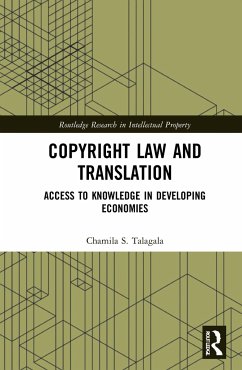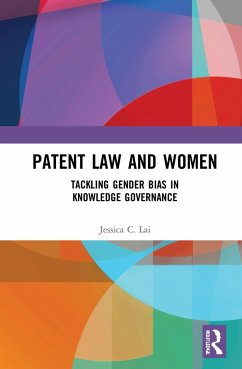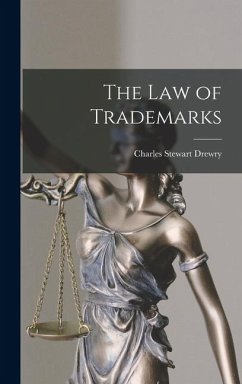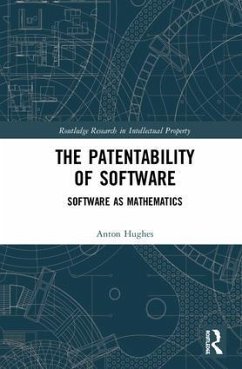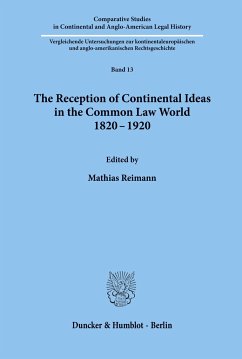
Intellectual Property and the Law of Ideas
Versandkostenfrei!
Versandfertig in 1-2 Wochen
64,99 €
inkl. MwSt.
Weitere Ausgaben:

PAYBACK Punkte
32 °P sammeln!
Ideas are the fuel of industry and the entertainment business. Likewise, manufacturers receive suggestions for new products or improvements to existing products, and retailers frequently receive ideas for new marketing campaigns. Many ideas are not new and may be used by anyone without the risk of incurring any legal liability, but some ideas are novel and valuable. If the originator of a potentially useful idea does not have the financial resources to exploit the idea, he or she may submit it to another, with the expectation of receiving compensation if the idea is used. Although an extensive...
Ideas are the fuel of industry and the entertainment business. Likewise, manufacturers receive suggestions for new products or improvements to existing products, and retailers frequently receive ideas for new marketing campaigns. Many ideas are not new and may be used by anyone without the risk of incurring any legal liability, but some ideas are novel and valuable. If the originator of a potentially useful idea does not have the financial resources to exploit the idea, he or she may submit it to another, with the expectation of receiving compensation if the idea is used. Although an extensive body of intellectual property law exists to protect the rights of inventors, authors, and businesses that own valuable brands or confidential proprietary information, raw ideas receive no protection. Nevertheless, the originator of a potentially useful and marketable idea is not without legal recourse. The courts have developed, through a long line of common law precedents, legal protection for novel and concrete ideas under certain circumstances. The originator of an idea can rely on contract law, whereby the recipient may expressly or impliedly agree to pay for the idea. Alternatively, if the idea is disclosed in confidence, its unauthorized use by the recipient allows the originator of the idea to recover compensation. Finally, some courts have treated the ownership of ideas as quasi-property rights.





